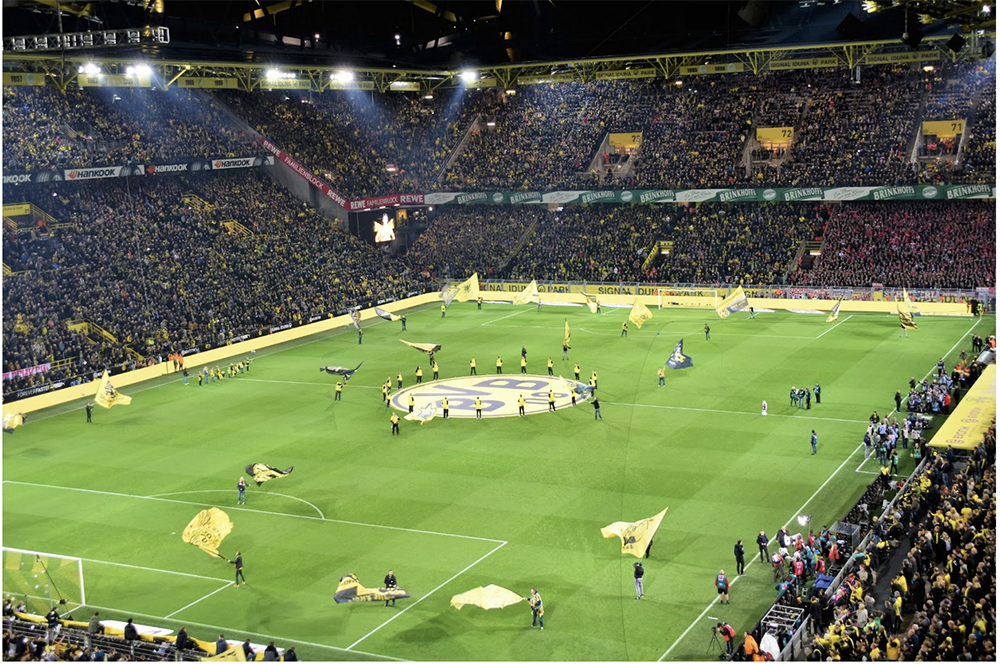Planning a trip around a specific event can transform a standard holiday into an unforgettable experience. Whether it’s a music festival, sporting competition, cultural fair, or seasonal celebration, aligning your travel dates with local happenings allows you to engage deeply with a destination and create memories that go far beyond typical sightseeing. Event-focused travel also offers opportunities to connect with locals, try new experiences, and even discover hidden gems you might otherwise overlook.

Discovering the Best Events
The first step in planning an event-focused trip is identifying the events that match your interests. This might include large-scale international festivals like the Edinburgh Fringe in Scotland, sporting events such as the Wimbledon Championships in London, or local cultural celebrations like the Notting Hill Carnival. Many cities maintain event calendars on their tourism websites, providing a comprehensive overview of upcoming happenings. Social media and travel blogs also offer insights into the atmosphere, scale, and crowd expectations of each event, helping travellers make informed choices.
It’s important to consider both the type of event and the setting in which it takes place. Music and arts festivals might be held in urban parks or historic venues, offering opportunities to explore the city between performances. Sporting events often take place in large stadiums and can be a great way for travellers to immerse themselves in the local culture when visiting a new place. Some sports fans place wagers on their favourite teams for an added thrill on game day. Even when watching matches in person, punters often visit online bookmakers as these sites are easy to access and convenient, and the best non UK betting sites offer competitive odds, access to a wide range of markets, and even bonus offers. These lucrative perks have made international bookmakers, which are licensed outside of the UK, popular amongst sports fans in the UK and beyond. Between sports events, fairs, and festivals, travellers who time their trips to align with large events can set themselves up for a fun and immersive experience, no matter their destination.
Booking Early and Smart
Once you’ve chosen an event, early planning is essential. Popular events often sell out months in advance, particularly accommodation and tickets. Booking flights, hotels, or alternative lodgings such as guesthouses or short-term rentals well ahead of time ensures better availability and competitive pricing. This also allows you to secure prime locations, whether that’s a hotel near a festival site or a spot close to a stadium for a sporting match.
Travel apps and websites can help monitor ticket releases and price changes. Some travellers subscribe to alerts from ticket providers or official event channels, ensuring they are among the first to secure access. Planning early also provides flexibility to arrange additional activities around the main event, creating a balanced itinerary that maximises enjoyment without feeling rushed.
Combining Events with Other Experiences
Event-focused travel doesn’t need to be limited to the main attraction. Travellers often build their itineraries around a single event, layering in complementary activities that enhance the overall experience. For example, a music festival might coincide with a city’s cultural exhibitions, or a marathon could provide a chance to explore scenic routes and local landmarks. Combining events with sightseeing, food tours, or nature excursions helps create a more rounded trip and allows travellers to see a destination from multiple angles.
Timing is key when blending multiple experiences. Planning for rest days or lighter activities between high-energy events ensures that the trip remains enjoyable rather than exhausting. Flexible scheduling also allows travellers to take advantage of spontaneous opportunities, such as local street performances or pop-up markets, that often accompany major events.
Budgeting for Event Travel
Travel around events can sometimes be more expensive due to increased demand for accommodation, transport, and tickets. Budget-conscious travellers can mitigate costs by booking early, considering alternative lodging options, or attending smaller or lesser-known events that still offer unique experiences. Group deals, festival passes, or package options can also provide value while giving access to multiple activities or venues.
It’s also worth factoring in transportation. Major events can cause city-wide congestion, so planning routes in advance, considering public transport, and allowing extra travel time can prevent stress. Some events offer shuttle services or discounted transit passes, which can be both cost-effective and convenient.
Digital Tools and Planning Resources
The rise of digital tools has made event-focused travel more accessible than ever. Event apps often provide interactive maps, schedule updates, and notifications for changes, making it easier to navigate large festivals or sporting competitions. Online travel communities and forums allow visitors to exchange tips, reviews, and recommendations, giving insights into the best viewing spots, food vendors, and local customs.
For international travellers, language apps and translation tools can enhance the experience by making interactions with locals smoother and helping navigate signage, menus, and schedules. Social media platforms also offer a window into what previous attendees experienced, from photos and videos to live streams, helping travellers anticipate the energy and vibe of the event.
Creating Lasting Memories
Attending events while travelling is not just about the moment itself; it’s about the memories created. Photographs, videos, and souvenirs capture the experience, but the shared stories and personal interactions are what make it truly memorable. Travelling during events often introduces visitors to like-minded individuals, forming bonds over shared interests. These connections can extend beyond the trip, creating opportunities for future travel companionships or ongoing online communities.
Planning a trip around an event provides a structure for travel while also allowing for spontaneity and exploration. Whether attending the iconic Edinburgh Fringe Festival, cheering at the Wimbledon Championships, enjoying music, sport, theatre, or cultural festivities, travellers gain a deeper understanding of a destination and its people, enriching the overall experience.


Trackbacks/Pingbacks